There are so many different types of projector screens available on the market today that it can be difficult to decide which type is best suited to meet your needs.
Are you looking for the perfect projector screen to match your home theater setup? Well, look no further! In this article, I will explore 14 different types of projector screens, so you can find the perfect one for your needs. From fixed frame screens to electric screens, there is sure to be a projector screen that’s perfect for you.
Today, I’m going to cover the following questions:
- What are 15 different types of projector screens?
- What is a projector screen?
- What are the factors you need to consider while choosing a projector screen?
- Which are the best projector screens to buy?
So sit back, relax, and let’s explore the world of projector screens!
What is a Projector Screen?
A projector screen is an important piece of equipment for any business that relies on presentations or video conferences. It allows you to project images and videos onto a larger surface, making them easier to see for your audience.
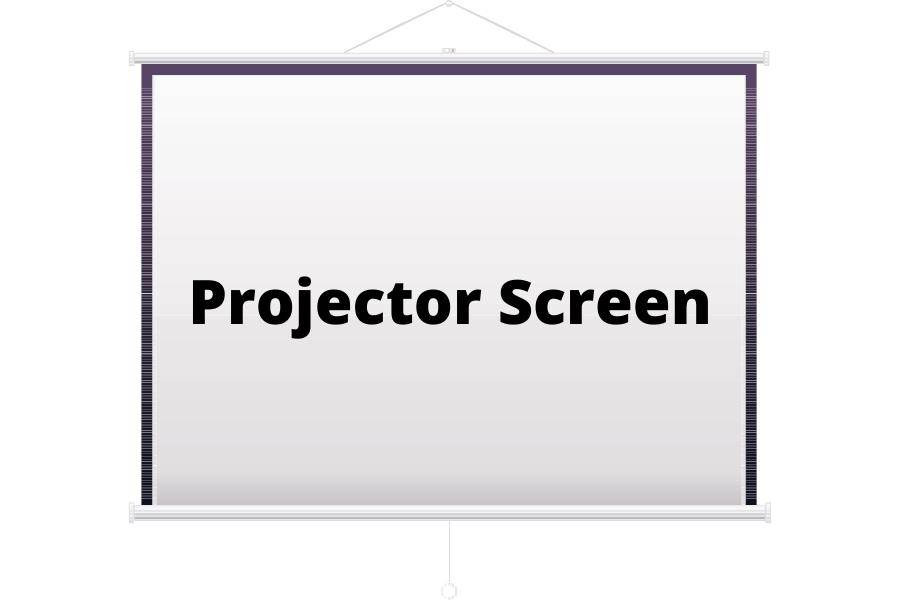
There are many different types of projector screens available on the market, so it is important to know what features to look for when making your purchase. I’ll discuss the factors later in this guide. So, stay tuned!
14 Different Types of Projector Screens
Different Types of Projector Screens Based on Portability
Fixed Frame Screens
Fixed frame screens are the most popular type of projector screen. They are typically made of PVC or aluminum and have a strong frame that can be mounted to a wall or ceiling. Fixed frame screens are very durable and provide a stable surface for projection. However, they are not very portable and can be difficult to set up.
Pull Down Projector Screens
Projector screens come in a variety of types, but the most popular type is the pull-down projector screen. Pull-down screens are easy to set up and take down, and they provide a clean, professional look for any presentation.
There are a few things to consider when choosing a pull-down projector screen. First, decide what size screen you need. Pull-down screens come in a range of sizes, from small portable screens to large format screens that can accommodate an audience of hundreds.
Next, consider the material of the screen. Pull-down screens are typically made from fabric or vinyl. Fabric screens provide a softer image and are less likely to produce glare, while vinyl screens are more durable and easier to clean.
Retractable Motorized Projector Screens
Motorized projector screens are a type of screen that can be controlled with a remote. This type of screen is convenient because it can be retracted when not in use. Motorized screens are available in a variety of sizes and aspect ratios to fit your needs.
Floor Projector Screens
Floor projector screens are a type of screen that is placed on the floor and projects an image upward. There are many benefits to using a floor projector screen, including the ability to project a large image in a small space and the ability to create a custom projection area.
Tripod Projector Screen
The most popular type of projector screen is the tripod projector screen. This type of screen is very easy to set up and take down, which makes it ideal for use in a home theater or office environment. Tripod projector screens typically have a white surface that provides a bright, clear image. They also come in a variety of sizes to fit any space.
Hanging Projector Screens
Hanging projector screens are a great way to get a professional-looking presentation without spending a lot of money.
Read More: Are Projectors Good For Gaming? 4 Best Gaming Projectors
Inflatable Projector Screens
Inflatable projector screens are a popular option for those who want to enjoy movies or presentations in a large format. There are many benefits to using an inflatable screen, including the fact that they are easy to set up and take down and can be stored in a small space when not in use. Inflatable screens also provide a great viewing experience, as they allow for a larger image size than traditional screens.
DIY Projector Screens
If you’re looking for a screen that you can set up and take down yourself, a do-it-yourself (DIY) projector screen might be the way to go.
DIY projector screens are relatively easy to make, and they can be just as effective as store-bought screens. Plus, you’ll have the satisfaction of knowing that you built it yourself!
Double Stand Projector Screens
Double stand projector screens are a popular type of projector screen that is often used in homes and businesses. There are many benefits to using a double-stand projector screen, including the fact that they are very easy to set up and take down.
Additionally, double-stand projector screens provide a stable platform for your projector, which can help to prevent any shaking or wobbling of the image.
Another benefit of double-stand projector screens is that they can be easily moved from one location to another. This is ideal if you need to move your screen around frequently or if you want to be able to take it with you when you travel. Double-stand projector screens are also very durable, so you can expect them to last for many years with proper care.
Different Types of Projector Screens Based on Color
Grey Projector Screens
A grey projector screen is a type of projection screen that is made of grey fabric. Grey screens are used in a variety of settings, including homes, classrooms, and businesses. Grey screens are popular because they help to reduce the amount of light that is reflected off of the screen. Additionally, grey screens can help to improve the contrast ratio of a projector image.
White Projector Screens
If you are looking for a projector screen that will provide you with a clear and bright image, then a white projector screen is a great option. They are also very easy to set up and take down, which makes them ideal for use in both home and office settings.
ALR (Ambient Light Rejecting) Projector Screens
ALR screens are made of material that is either coated or laminated with a special film that helps to reflect light away from the screen surface. This helps to improve image contrast and clarity, even in rooms with high levels of ambient light.
One advantage of ALR screens is that they can be used with any type of projector. However, they are typically more expensive than other types of projector screens.
Read More: Best Mini Projector For Kids Under $50- A Movie Night Treat!
Different Types of Projector Screens Based on Projection
Front Projection
Front projection screens provide a bright, clear image that can be seen from anywhere in the room. This is ideal for presentations or movies where you want everyone to have a good view.
Rear Projection
Rear projection screens are one of the most popular types of projector screens on the market. They offer a number of advantages over other types of screens, including:
- Increased brightness and contrast: Rear projection screens reflect light directly back towards the projector, resulting in increased brightness and contrast.
- Wider viewing angles: Since the light is being reflected directly back towards the viewer, rear projection screens offer wider viewing angles than other types of screens.
- Reduced “hot spot”: The direct reflection of light from a rear projection screen results in a reduced “hot spot” in the center of the screen, making it easier to view for extended periods of time.
6 Factors to Consider While Choosing a Projector Screen
The material of the projector screen is important
The material of the projector screen can have a big impact on the quality of the image being projected. When choosing a projector screen material, it is important to consider the type of environment in which it will be used.
For example, if you will be using your projector screen outdoors, you will need to choose a material that can withstand sunlight and weather conditions.
The gain of the projector screen is another important consideration
Gain is a measure of how much light is reflected off the surface of the screen. A higher gain means more light is reflected, resulting in a brighter image. However, a too-high gain can cause “hot spots” where certain areas of the image are significantly brighter than others.
The size of the projector screen is also an important factor
The most important factor is the size of the projector screen. You need to make sure that the projector screen is big enough to give you a clear and bright image.
The aspect ratio of the projector screen is also an important consideration
When choosing a projector screen, the aspect ratio is one of the most important factors to consider. The aspect ratio is the ratio of the width of the screen to the height of the screen. Most projector screens have an aspect ratio of 16:9, which is the standard for high-definition television.
However, some screens have an aspect ratio of 4:3, which is the standard for standard-definition television. If you are using a projector that has a native resolution of 1080p, you will want to choose a screen with an aspect ratio of 16:9.
If you are using a projector that has a native resolution of 720p, you will want to choose a screen with an aspect ratio of 4:3.
The viewing angle of the projector screen is also an important consideration
The most important factor is the viewing angle of the screen. The viewing angle is the angle at which the projector can be viewed from the front of the screen. The larger the viewing angle, the more people can see the projection from different angles.
Consider the price of your projector screen
Price is certainly one of the most important factors to consider, as there is a wide range of prices out there for projector screens.
5 Best Projector Screens Under $100 You Can Consider Buying
| Service | Main Features | Score | |
|---|---|---|---|
1 Best for Indoor & Outdoor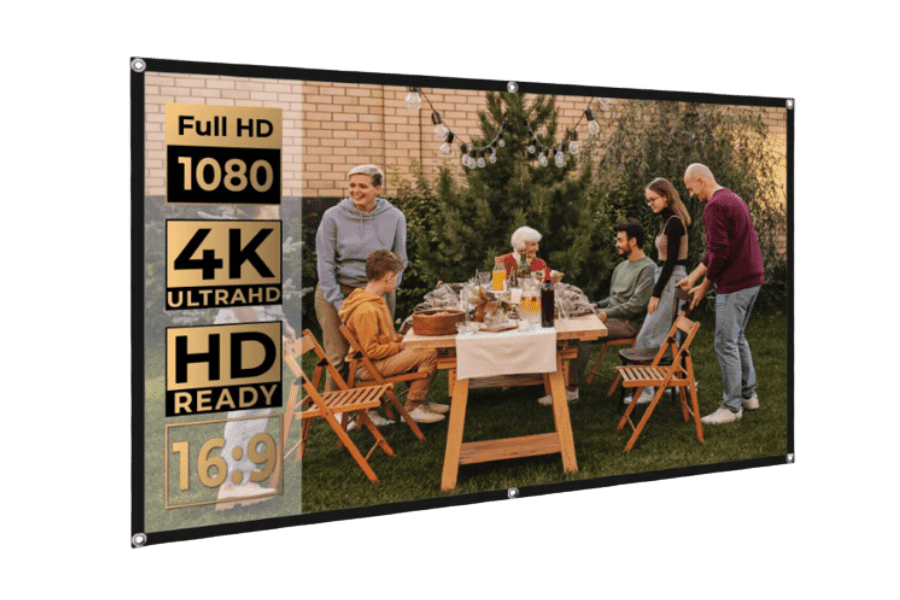 | Best for Indoor & Outdoor WEWATCH Projector Screen
| $29.99 | |
2 Best Backyard Cinema Home Theater | Best Backyard Cinema Home Theater TOWOND Projector Screen
| $65.99 | |
3 Best for Presentation, Movie, Classroom | Best for Presentation, Movie, Classroom Manual Pull Down Projector Screen
| $68.99 | |
4 Best for Watching 4K HD Movies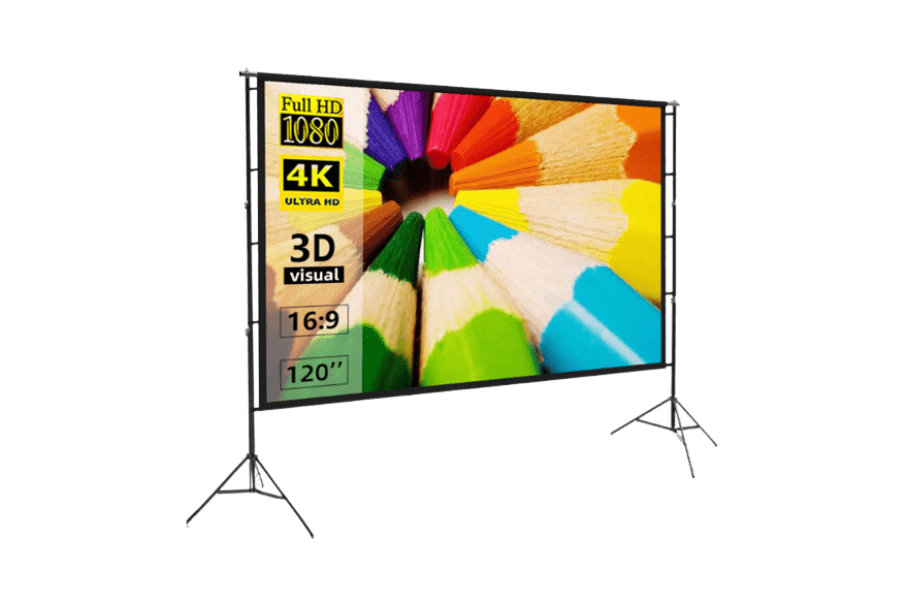 | Best for Watching 4K HD Movies TOWOND 120″ Projector Screen
| $89.99 | |
5 Best for Home Theater & Camping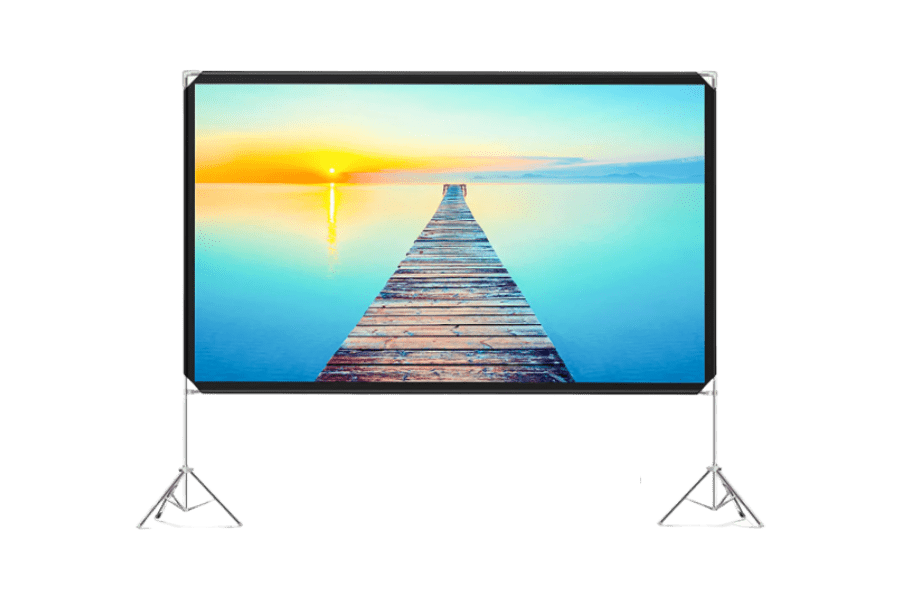 | Best for Home Theater & Camping Velvolt Projector Screen
| $82.99 |
Read More: 10 Best Projectors under 200 Dollars- Our Top Picks 2022!
Conclusion
In conclusion, there are many different types of projector screens to choose from, depending on your needs. If you need a portable screen, there are several options available. If you need a screen for a home theater, there are also many options. With so many choices available, you are sure to find the perfect projector screen for your needs.
Disclaimer: Some of the links on our site may earn us a commission if you make a purchase through them. Our recommendations are always based on our genuine belief in the product’s quality and suitability. Your trust and satisfaction are our top priorities. Thank you for your support!


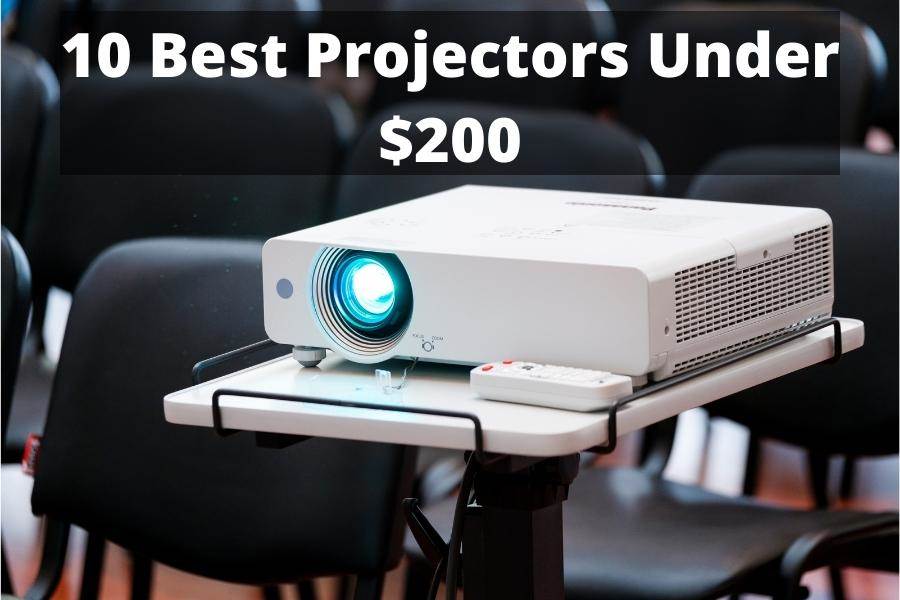
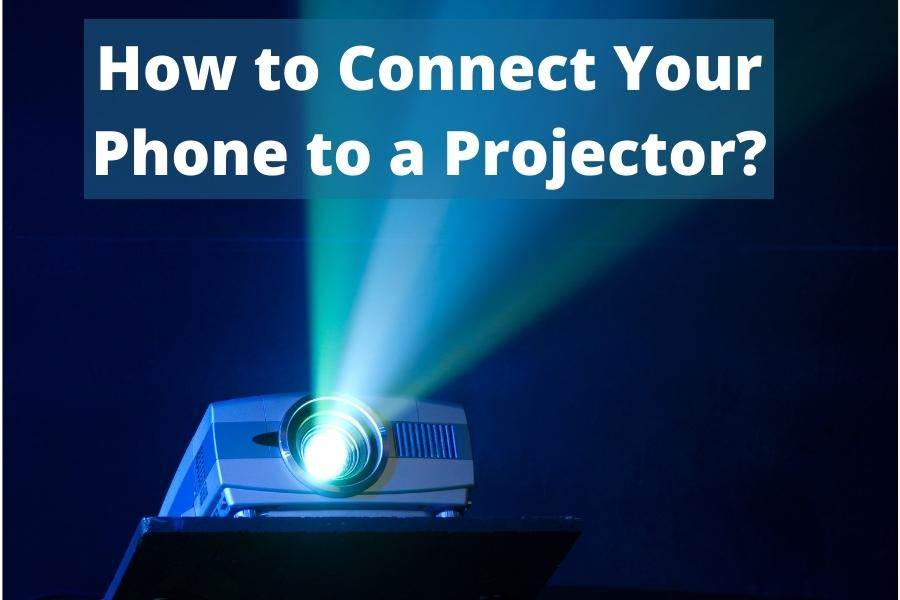
Pingback: Buying Projector for Movie Watching in 2023- Is it Beneficial? - The Best Projectors
Pingback: How Does a Projector as a TV Work? - The Best Projectors